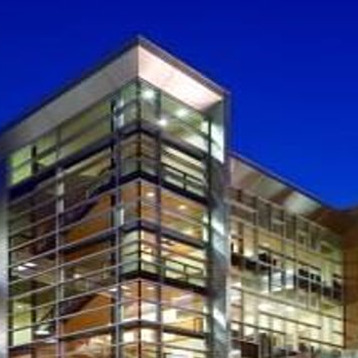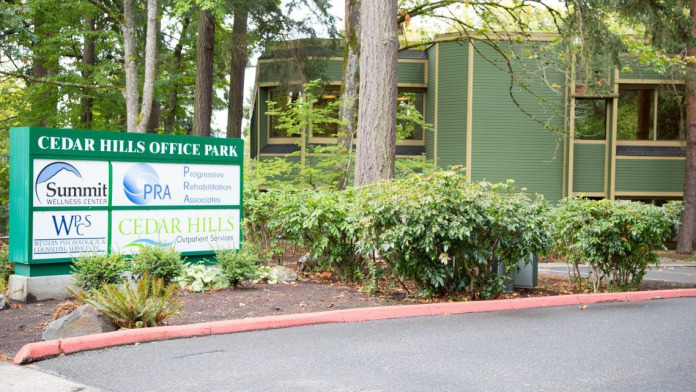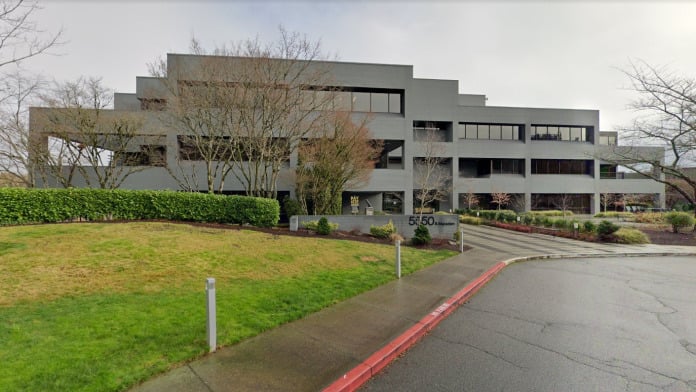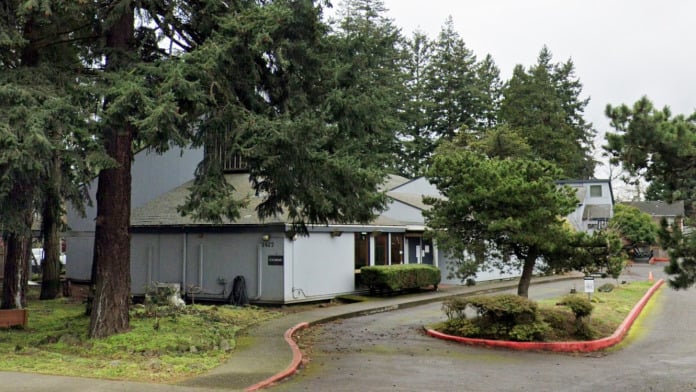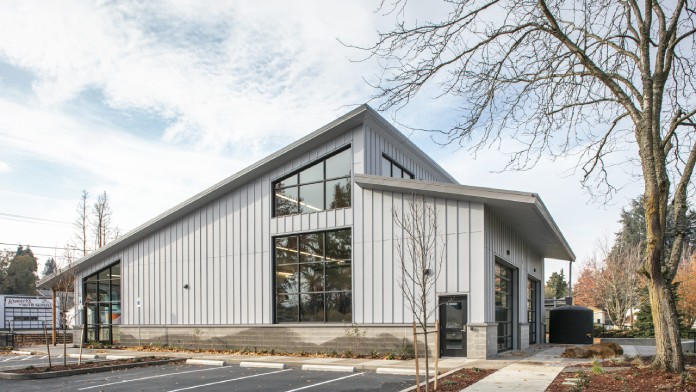About Cascadia Garlington Health Center
Cascadia Garlington Health Center is a combined affordable housing and community wellness center with behavioral health, primary care and addiction recovery services in Portland, Oregon. Cascadia Health is a nonprofit, Certified Community Behavioral Health Center. The organization’s goal is to improve healthcare delivery to vulnerable populations by integrating housing with other treatment services. The center won’t turn anyone away based on an inability to pay. They accept insurance including the Oregon Health Plan.
Specialized Treatment for Women and Seniors
In addition to regular substance use and mental health treatment for adults, the organization offers some unique specialty mental health services. One of the services is the Second Chance for Women program. The program is for women under the supervision of the Department of Community Justice in Multnomah County who have substance use and mental health disorders. The program provides gender specific counseling, medication management and case management for women.
There are also integrated services for aging adults that include care coordination, geriatric services, medication management and peer services. Seniors can also access special substance use treatment and group and individual therapy.
Easy Medication Assisted Treatment (MAT) in Portland, Oregon
The Cascadia substance use disorder treatment programs include medication supported recovery (MSR – also called MAT) for methamphetamine and opioid use disorder. One of the convenient aspects of this program is that it’s easily available for individuals in the supportive and residential housing programs.
Free Gambling Treatment Services
Another specialty addiction service offered here is gambling treatment. For those with problem gambling, which is about 2-3% of the population, they offer free treatment. The program includes group, couples and individual therapy. Treatment also includes financial education.
Rehab Score
Gallery
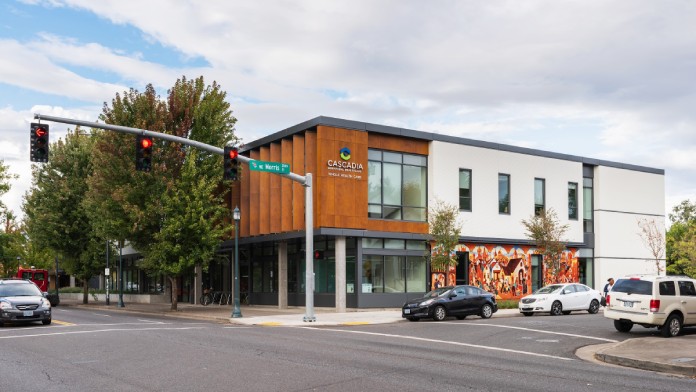
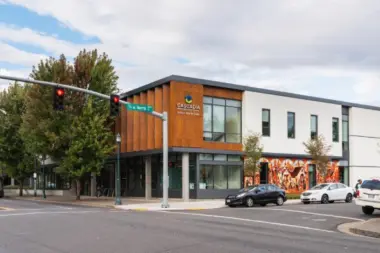
Accepted Insurance

Other Forms of Payment
Medicaid is a state based program that helps lower-income individuals and families pay for healthcare. Medicaid covers addiction treatment so those enrolled can use their coverage to pay for rehab. When a program accepts Medicaid the client often pays very little or nothing out of their own pocket.
Private insurance refers to any kind of healthcare coverage that isn't from the state or federal government. This includes individual and family plans offered by an employer or purchased from the Insurance Marketplace. Every plan will have different requirements and out of pocket costs so be sure to get the full details before you start treatment.
Self-pay involves paying for treatment out of your own pocket. You can use savings or credit, get a personal loan, or receive help from family and friends to fund your treatment. If you don't have insurance or your insurance plan doesn't cover a specific program, self-pay can help ensure you still get the care you need.
Sliding scale payments are based on a client's income and family size. The goal is to make treatment affordable to everyone. By taking these factors into account, addiction recovery care providers help ensure that your treatment does not become a financial burden to you or your family, eliminating one barrier to care.
Medicare is a federal program that provides health insurance for those 65 and older. It also serves people under 65 with chronic and disabling health challenges. To use Medicare for addiction treatment you need to find a program that accepts Medicare and is in network with your plan. Out of pocket costs and preauthorization requirements vary, so always check with your provider.
Addiction Treatments
Levels of Care
Outpatient Programs (OP) are for those seeking mental rehab or drug rehab, but who also stay at home every night. The main difference between outpatient treatment (OP) and intensive outpatient treatment (IOP) lies in the amount of hours the patient spends at the facility. Most of the time an outpatient program is designed for someone who has completed an inpatient stay and is looking to continue their growth in recovery. Outpatient is not meant to be the starting point, it is commonly referred to as aftercare.
Intensive outpatient programs provide robust, high-frequency care for clients in early recovery and those at an increased risk of relapse. Clients are generally expected to participate in nine to 20 hours of treatment per week, with the number and duration of sessions decreasing as clients stabilize. Intensive outpatient treatment often combines psychotherapy, including individual, group, and family counseling, with addiction and recovery education. Medication assisted treatment (MAT) and holistic therapies are also common.
A partial hospitalization program (PHP) is a more intensive form of outpatient and can be a step-down service in substance use disorder treatment. During PHP treatment, which lasts 4-8 hours per day and up to 5 days a week, you'll participate in daily therapeutic services (relapse prevention, medication management, and behavioral therapy) for an average of 90 days. The cost of PHP treatment varies, but it is typically covered by insurance providers.
Programs
Adult rehab programs include therapies tailored to each client's specific needs, goals, and recovery progress. They are tailored to the specific challenges adult clients may face, including family and work pressures and commitments. From inpatient and residential treatment to various levels of outpatient services, there are many options available. Some facilities also help adults work through co-occurring conditions, like anxiety, that can accompany addiction.
Clinical Services
Individualized therapy is personalized sessions to address your drug and alcohol addiction treatment. Your therapist seeks to understand your background and addiction triggers so they can collaborate with you to create a customized plan. In this plan, you set realistic goals, address underlying mental and emotional issues, and develop effective coping strategies.
Group therapy sessions build community among participants. This community spirit creates strong bonds that support your path to recovery. The group setting offers you the opportunity to share experiences and goals in a judgment free environment.
Cognitive behavioral therapy (CBT) in Oregon is a short term talk therapy method used to treat mental and behavioral disorders. Based on client needs, the therapist may recommend five to 20 sessions. Typically, this form of therapy requires fewer sessions than many other types of treatment.
Staff
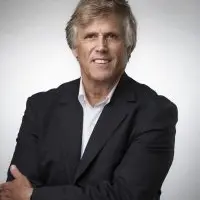
Derald R. Walker, PhD
President & CEO

Bukhosi Dube, MD
Chief Medical Officer
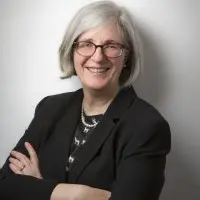
Beth Epps, MEd
Chief Community Solutions Officer
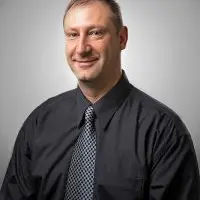
Barry Gault, CPA
CFO

Eric Sevos, LCSW
COO
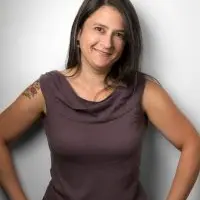
Alana Silverman, BA
Chief People Officer
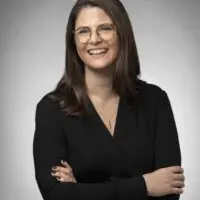
April Sweeney, MD
Chief of Psychiatry
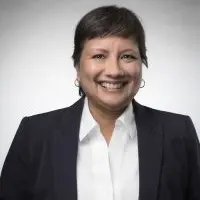
Sandra Wilborn, MS
Chief Equity, Diversity & Inclusion Officer
Contact Information
3034 NE Martin Luther King Jr Bl
Portland, OR 97212



